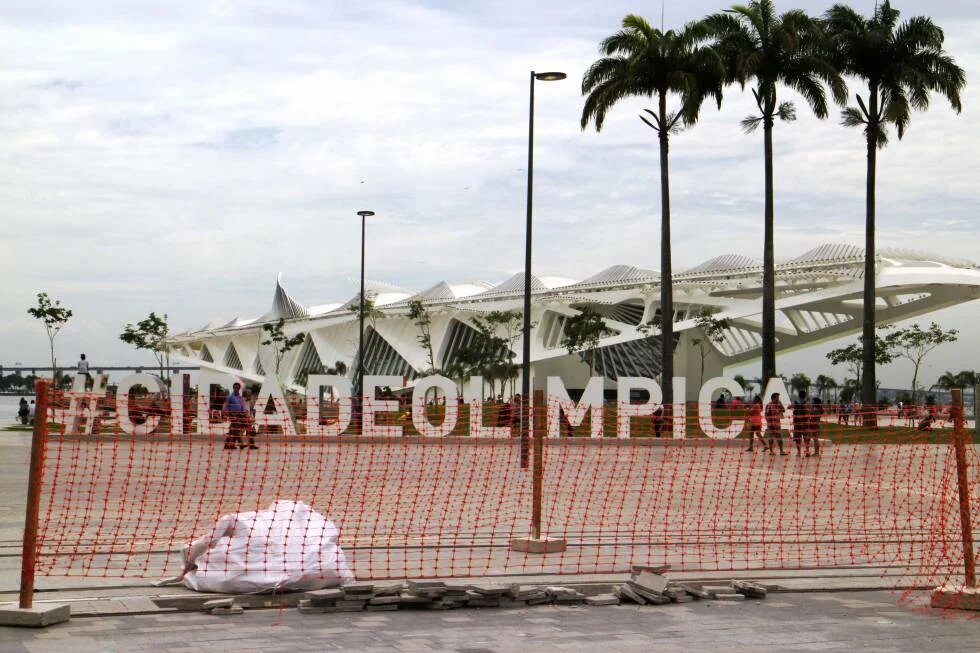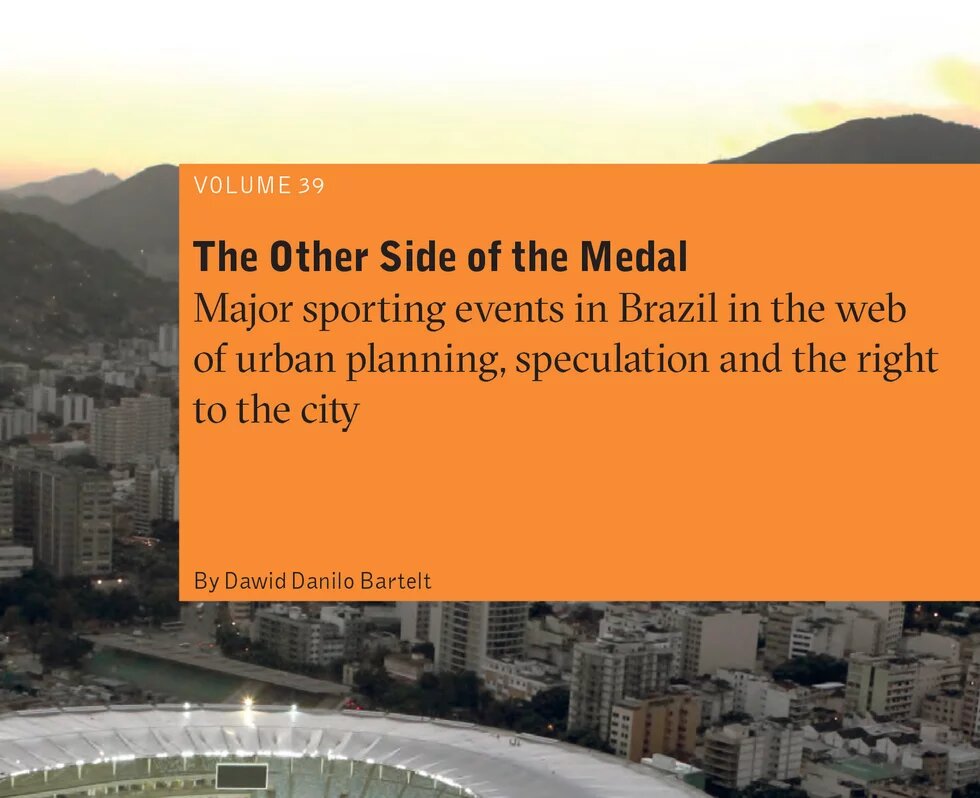

Introduction
Half a million people are expected to visit Rio de Janeiro during the Olympics and Paralympics in August and September. At first glance this will be a huge benefit for the city. But just as for the World Cup in 2014, the city has become a contested space of political and economic interests.
The Other Side of the Medal
The outcome of the football World Cup in Brazil was sobering: the sporting mega-event cost the country at least €8.5 billion euros but did not stimulate economic growth. The social costs, by contrast, were high. Various estimates put the number of people displaced or threatened by eviction at up to a quarter million. The promised development of public transportation infrastructure as a legacy of the tournament largely proved to be a chimera.
The Summer Olympics and Paralympic Games are coming to Rio de Janeiro in 2016 and once again, the promises are tantalizing: a new tram, bus rapid transit routes, metro lines and sewage treatment for the entire city.
Dawid Danilo Bartelt analyzes the impact of the two events in detail, illustrating how sporting mega-events have established themselves as a business model. The losers of such events are often the host city’s most vulnerable people, democracy and human rights.
Table of contents:
- Foreword
- Sporting contests as mega-events
- After the game is before the game: preparing for the Rio Olympics in the wake of the Brazil World Cup
- Before the game is before the game: the Brazil World Cup and parallels to the Rio Olympics
- The social costs of mega-events
- Paix aux chaumières? Security strategy (in the service) of mega-events
- Mega-events and democracy
Get the full dossier here.
